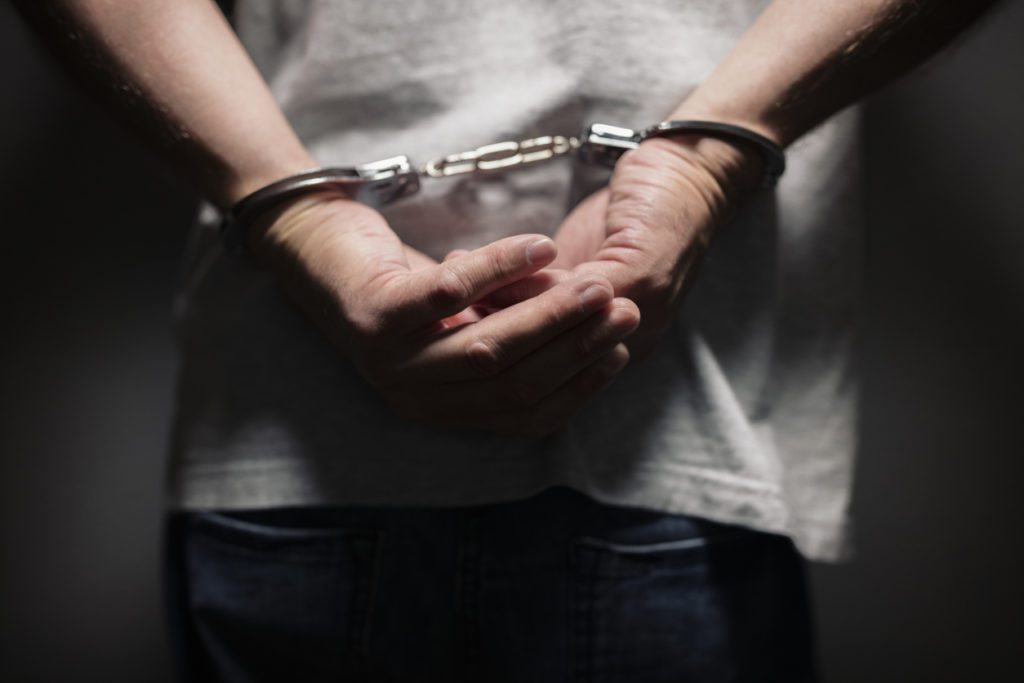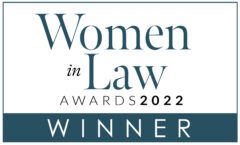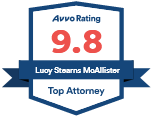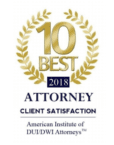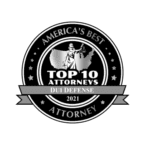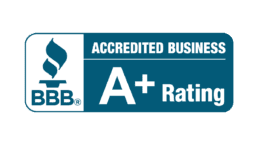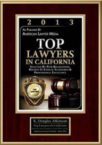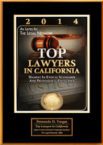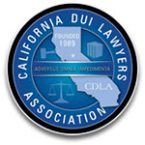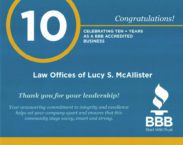When you’re convicted of a criminal offense, you have to face the legal consequences of your actions. If you have a professional license, you will be faced with more than a court of law. If you provided your licensing board with your “life-scan”, fingerprints, your board now knows about your criminal case. This means that you are now also looking at a professional licensure investigation.
If you’ve been convicted on a criminal charge, an investigation can impact the rest of your professional career by leading to the suspension or even revocation of your professional license. All of the time and effort you put into getting licensed could be revoked, bringing your career in California to a very abrupt halt.
That’s the worst-case scenario. We’re here to help you avoid that. This is what you need to know about the impact a conviction can have on your license and some basic steps to mitigate the damages.
How Can a Criminal Conviction Affect My Professional License in California?
Under California Business and Professions Code (BPC) 480, any California state licensing board can revoke a license if you have been convicted of a crime related to the “qualifications, functions, or duties of the business or profession for which application is made.”
For example, if a licensed registered nurse commits a crime that harms or injures a patient, the crime is associated with their duties so the licensing board can take disciplinary action. That is the most direct application of the code, but it can apply to broader events than what happens while you’re working.
Committing a crime that seems dissociated from your career can still affect your licensing. For example, if you are arrested and charged with a DUI while off duty, you can still come under disciplinary action from your licensing board.
Even though the DUI did not directly impact your performance at your job, it is still relevant if your profession involves handling drugs, controlled substances, or alcohol. A DUI also holds relevance if there is a concern of a substance abuse problem with your profession.
Which Crimes Can Affect My Professional License?
All criminal convictions will automatically result in a formal professional license investigation from the licensing board. Some crimes are seen as being more serious and can lead to the revocation or denial of a professional license, unless you hire the right attorney to protect you from this outcome.
The crimes which can command revocation are:
- Any felony
- A crime for which registration is required
Convictions of misdemeanor crimes are treated on a case-by-case basis. Depending on the severity and relevance of the crime, different disciplinary actions can be taken.
What Can a Licensing Board Do?
Depending on the severity of the conviction, as well as the relevance of the crime to your career, the licensing board can choose from a wide range of disciplinary measures to enforce. These measures include:
- Formal warning letters
- Citations
- Fines
- License restrictions or required supervision
- Probation
- Attendance of a diversion program
- Substance abuse treatment and education
- License suspension
- License revocation
Not all criminal cases automatically lead to the revocation of your license. This is why it’s so important to hire a lawyer as soon as possible so they can represent you throughout the investigation. Their goal is to have the investigation dropped, or to negotiate a significantly reduced penalty.
What Can I Do to Help My Case?
Here are three simple things you can do right now if you have been charged in a criminal case and are worried about your professional license:
- Contact a lawyer now. If you haven’t contacted a lawyer yet, make the call right now. The earlier you get a lawyer in your corner, the better off you will be.
- Talk to no one but your lawyer about the case. What you say to your friends, family, co-workers, neighbors, or even a stranger on the street can be used against you. Being overly casual about who you talk to and what you say can complicate your case. This also includes remaining silent if the investigator from the board gets in touch with you. The only thing you should ever say to them is that they should contact your lawyer.
- Be patient. This is very difficult for some people, but a professional licensure investigation can take months to complete, and you may not hear a final ruling until the following year. Getting frustrated, angry, or annoyed at the bureaucracy will not help your case.
The Law Offices of Lucy S. McAllister Can Help
With over 30 years of professional experience, the Law Offices of Lucy S. McAllister have the expertise you need. We understand the nuances and requirements of administrative hearings and know how to best represent you and your case to your licensing board and the administrative law judge (ALJ). We have spent years fighting criminal charges and make sure no issues are overlooked.
Let us know more about your professional licensing issues so we can start helping you today.

